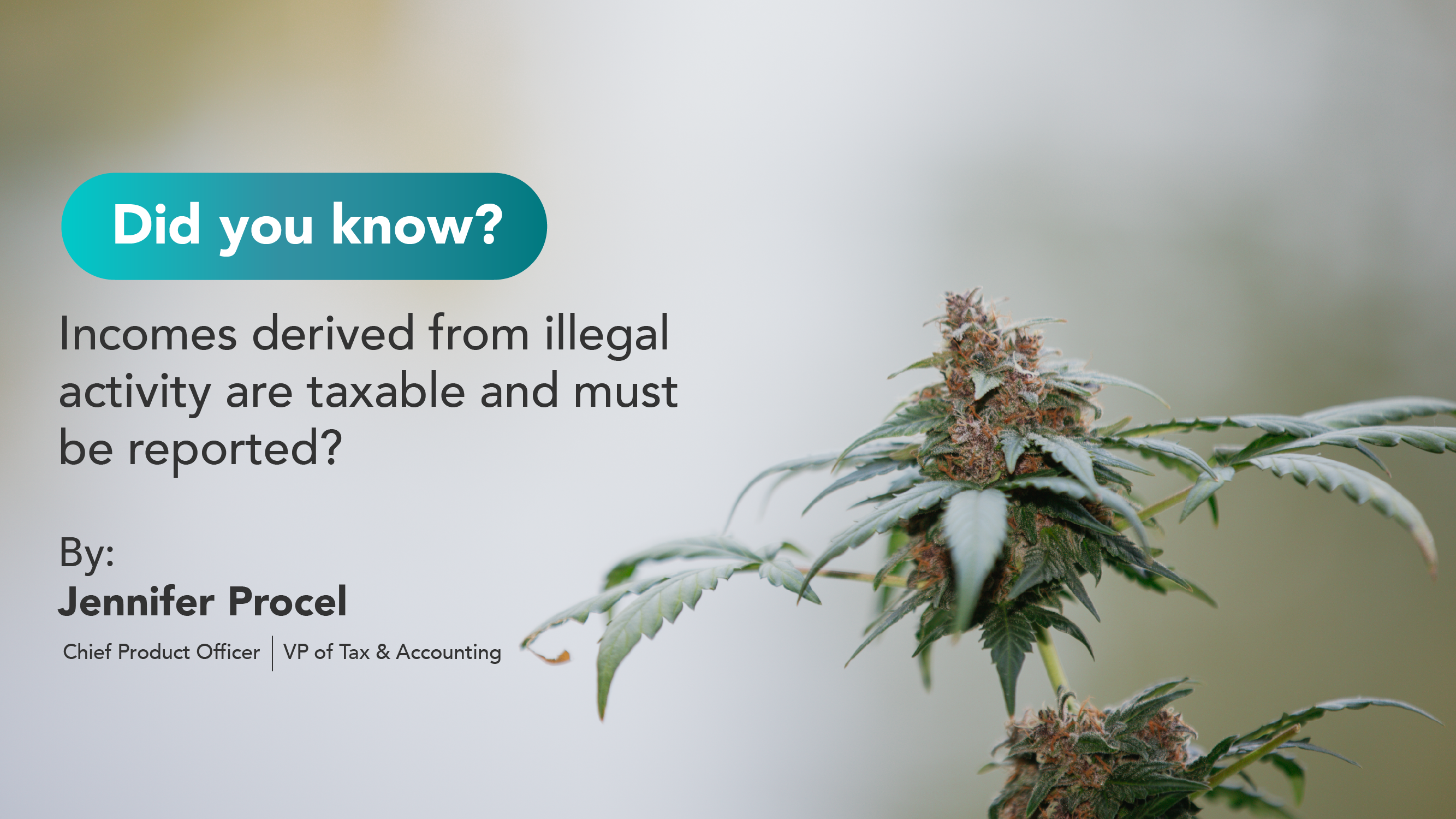Investing in cryptocurrency is a huge financial trend that took off even more during the pandemic. We’re even seeing younger individuals invest in crypto as it gains popularity. If you’re trading and making revenue in this market, don’t forget about the potential financial ramifications it can have, like owing taxes. You’ll want to ensure you’re putting money aside to account for this additional income. Keep reading for the top things you need to know when buying and selling cryptocurrency.
How crypto tax works
At a high-level, if you buy and sell crypto, you pay taxes on the gain. If you’re already familiar with taxes related to buying and selling property, crypto works the same way. Income made from cryptocurrency is considered capital gains tax. This tax is broken into short-term capital gains tax, less than a year, and long-term capital gains tax, over one year of owning the crypto. For short-term capital gain tax, you will be taxed at your income tax rate. For long-term capital gains tax, there is a bit more detail involved:
- If you make under $40,000, the tax rate is 0%.
- If you make between $40,001 and $441,450, the tax rate is 15%.
- If you make more than $441,450, the tax rate is 20%.
If you use cryptocurrency to buy goods, you will still be responsible for paying capital gains tax on this money. This is because the IRS views selling crypto and using crypto as currency, in the same way.
How Does The IRS Handle Crypto Tax
If you’re just getting into trading and didn’t realize this is income you have to claim, the IRS will find out and bill you later, with penalties. If you make any money from crypto, it must be reported to the IRS. Tax software is now implementing questions that asks taxpayers if they bought crypto as a way to avoid tax evasion and misformation on crypto tax.
Lastly, if you buy and sell different types of crypto and make money on some forms, but not others, you are only taxed if your profits exceed your losses.
How Is It Reported?
Ready to file? After calculating your cryptocurrency gains, you’ll want to fill out Form 8949 and include your totals from this form on Form Schedule D of your tax return. Lastly, include income from cryptocurrency on Schedule C if you are classified and self-employed.
Cryptocurrency is only expected to rise in popularity and owing taxes can be a huge factor in your decision to buy or sell. If you have additional questions about crypto tax, reach out to one of our IOOGO tax professionals.





